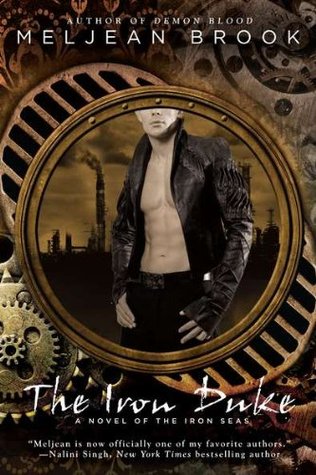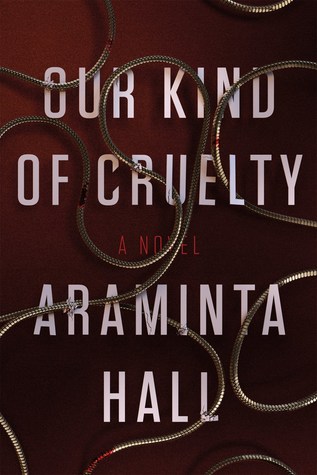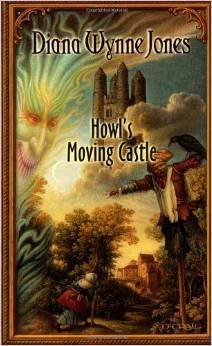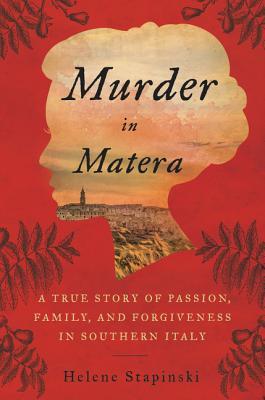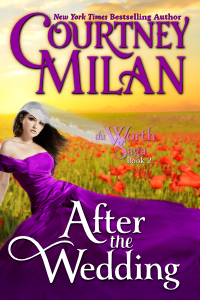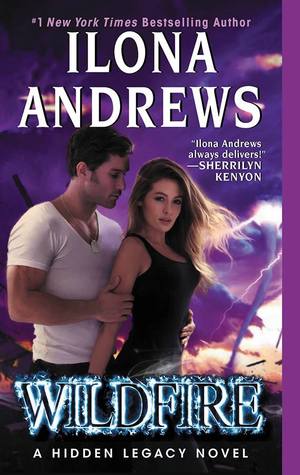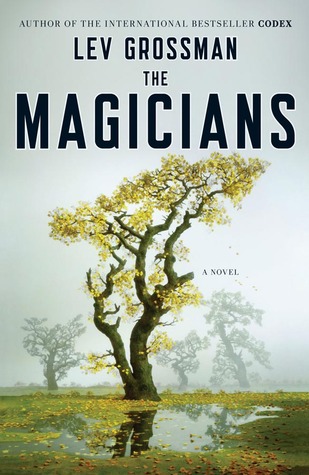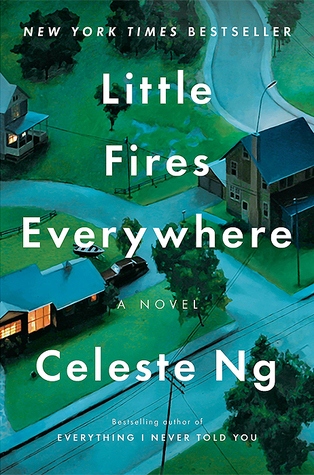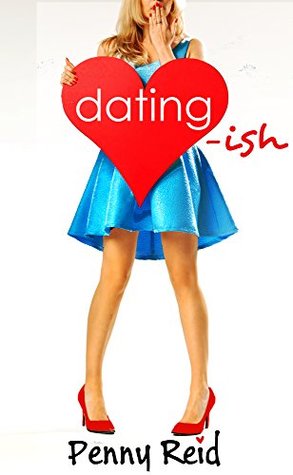
Genocide is an oil slick: those who don't drown in it are polluted for life.
Book of the Month has had a few books about the Rwandan genocide recently. They had The Girl Who Smiled Beads a few months ago, about a woman who fled massacres and lived as a refugee in various camps for years before being granted asylum in the United States; and this month they had Small Country, a translated novel that actually takes place in Burundi, but to which the Rwandan genocide is closely tied. The genocide is, in fact, the propelling element of the book, though the narrator and main character only briefly sets foot in Rwanda during the course of the book.
The book starts with Gabriel, the main character, living in France as an adult. His life has obviously been very affected by fleeing from Burundi as a child, and he wonders about it even as his sister refuses to look back. Then we skip back in time to Gabriel's childhood. The child of a French man and a Rwandan woman, Gabriel lives a privileged life in Burundi, though his mother is in exile from Rwanda and dreams of either going back there, with the country free, or of moving to France. He spends his days stealing mangoes and hanging out with his friends, but all around him the environment in Burundi intensifies in tandem with those in neighboring Rwanda, ultimately leading to the breakout of the Burundian Civil War. Gabriel's mother is a Tutsi and he has family in Rwanda, and so he cannot remain aloof from the events even though he doesn't entirely understand them and his father tries to keep him isolated from politics. Most of the book is a slow tightening, a gilded cage growing smaller and smaller as conflict grows closer and eventually explodes, driving Gabriel and his sister from their home.
Normally I have some struggles with books in translation. Something tends to be lost when switching from the original language to the translated one. Luckily, that was not the case in Small Country (Petit Pays in French). Sarah Adrizzone is the translator, and she has done a wonderful job of keeping the feel and poetry of the book in translation. The book does not read as stilted or emotionless, and while there are a few phrases that don't really translate and are kept in French, there's enough of a parenthetical explanation to make the phrase make sense without really jarring the flow of the narrative.
For the story itself, the Burundian Civil War is something I had never heard of, even though it went on for a dozen years. I'd heard of the Rwandan genocide--and yes, in more contexts than just Hotel Rwanda--but had absolutely no idea that similar ethnic and political tensions were driving a conflict in Burundi. Faye (and, by extension in translation, Adrizzone) does a wonderful job of showing the tensions while also showing the everyday highs and loves of Gabriel's life in Burundi. His somewhat idyllic neighborhood, his band of friends, the conflicts with their rival, and how it all slowly descends into chaos are orchestrated masterfully.
Ultimately, however, there is some disconnect in the book. I can do an ambiguous ending, if it suits the story. But this was a book in which the prologue did not seem to have any connection to the actual story, and also does not fit with the epilogue--it seemed like the epilogue really should have been broken into two parts and maybe expanded a bit, to serve as prologue and epilogue. All we really got out of the prologue as it was, was that Gabriel and his sister lived in France, Gabriel liked to sleep around in search of connection, and his sister didn't talk about the past. While these are important pieces of information, they did not seem woven into the narrative as a whole, particularly in regards to the end of the book.
Overall, a very good read, but I would have liked a bit more connection and resolution between the beginning of the book and the very end.
4 stars out of 5.
